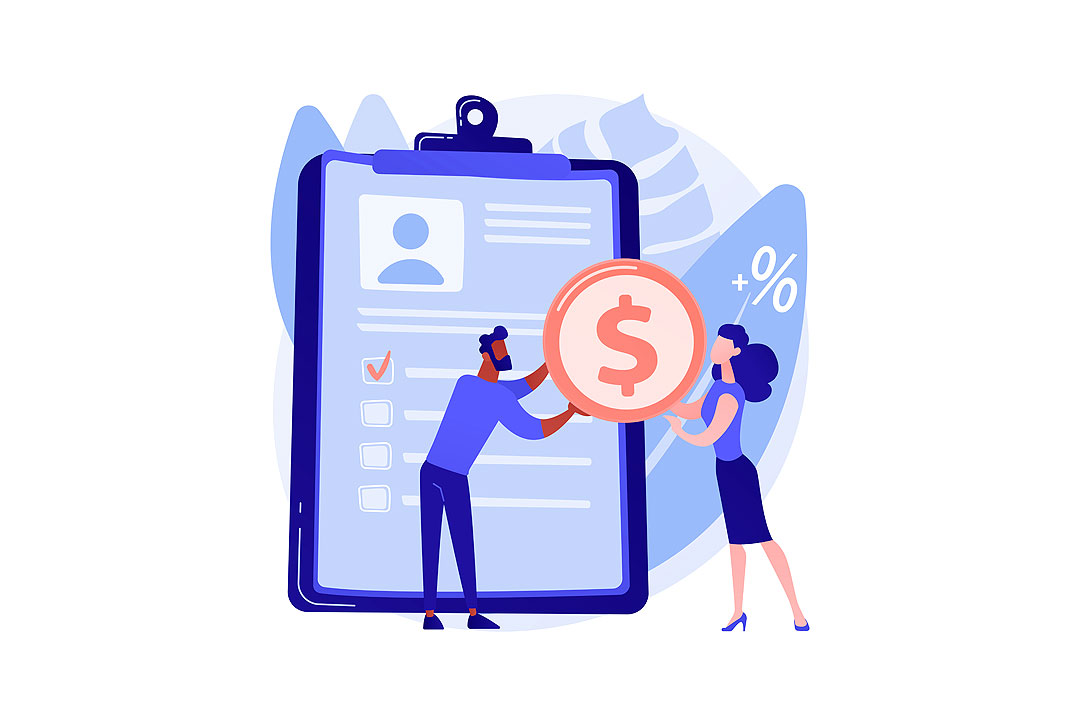
Numbers Don’t Lie
By Andrew J. Masigan

Angelo is humble family man who represents everyday Filipinos. A loving husband and a father of two, the native Bulakeño works as a family driver to a household based in Pasig. He earns a fair wage, according to the going rates of family drivers these days. Angelo’s salary is just enough for his family’s basic needs like rent, food, and transportation. He has no savings. Extraordinary expenses like medical care, tuition fees, or emergencies are enough to throw Angelo into a monetary tailspin.
Unfortunately, a family emergency occurred last November for which Angelo needed P68,000 to save his family. Desperate, the man tried to borrow from friends and relatives — but to no avail. With the pandemic, everyone was struggling. At his lowest, a friend advised him to explore online lenders who grant emergency loans within 24 hours. Angelo heeded his friend’s advice. This was when his nightmare started.
Working under the radar, numerous online lenders prey on desperate souls like Angelo. They lure innocent victims with text messages, ads on social media and through word of mouth, care of loan brokers. They promise access to cash in as quickly as one day.
All one has to do is download the lender’s App and apply for a loan by agreeing to their terms and conditions. Approval is immediate and the loan proceeds are sent to the borrower through G-Cash, bank transfer, or other electronic means.
Angelo borrowed a total of P68,000 from 19 different online lenders in denominations of P1,000 to P4,500 each. This is what happened next….
He borrowed P3,000 from a certain online lender on Nov. 24. The loan had a duration of 30 days, maturing on Dec. 24. It carried an eye-watering interest rate of 51.79% per month or 629.41% per annum. The P3,000 Angelo received became a liability of P4,553 in just 30 days! Unfortunately, Angelo was unable to meet his payment on Dec. 24. The online lender immediately slapped a penalty amounting to 20% of the loan proceeds. In addition, interest was made to accrue on a daily basis at a rate of some 2.6% per day.
Angelo finally paid his loan on Dec. 31. He paid a total of P4,890 for a loan of P3,000. The online lender earned 63% interest in just 37 days from poor Angelo.
His experience with another online lender was just as harrowing. Angelo borrowed P3,500 from lender No. 2. The loan was approved but the lender deducted P1,500 or 43% of the loan proceeds for supposed “Account Management Fees,” “Platform Service Fees,” “Risk Management Fees,” and “Credit Reporting Fees.” Angelo received only P2,000 but had to pay interest of close to 100% per month for a principal of P3,500.
The scandalous fees and interest rates are not even the worst of it. The harassment one receives for late payment is the vilest part. If a borrower is late by even one day, an army of trolls send text messages to berate, embarrass, and threaten the borrower. This is one example of such a message, received by Angelo:
“Ano, patigasan? Wala ka na bang kahihiyaan sa buhay? Utang ka tapos wala kang planong magbayad ng maaga….. pagkatpos kang pautangin ng kumpanya naming at ipakain sa pamilya mo tapos hindi ka na magbabayad? Etong mga information mo sa selfies mo kasama ang ID mo, asahan no na kakalat ito sa Credit Information Corporation at di ka na pamarisan!!!” (“What, want to see who is tougher? Have you no shame in life? You borrow and then you have no plans to pay early…… after our company lends you and you feed your family, and then you don’t pay? Be assured that the information on your selfies along with your ID will be shared with the Credit Information Corporation so as to prove a bad precedent !!!”)
The trolls would go a step further and call friends, relatives, and the employer of the borrower to expose the loan and the late payment. Again, this is meant to shame the borrower into submission.
Evidently, when one agrees to the conditions of the loan, one gives permission to the online lending company to access all social media contacts. Poor Angelo — as an unsuspecting high school graduate, he had no idea that he was ceding his personal information by agreeing to the lender’s conditions.
Angelo was on the verge of a nervous breakdown by mid-December. Debased and shamed, he sought the help of his employer. Lucky for him, his employer agreed to bail him out.
All things told, Angelo borrowed P68,000 from 19 lenders for which he received only P58,024 due to the excessive processing fees of some. His employer paid off all his debts on Dec. 31. For loans with an average age of some 15 days, the employer paid P32,667 worth of interest. This represents an effective interest rate of 112% per month.
With the help of his employer, Angelo filed a complaint before the Bangko Sentral ng Pilipinas (BSP) and the Department of Trade and Industry (DTI), consumer protection office, and the Securities and Exchange Commission (SEC).
Angelo requests the BSP, SEC and the DTI to investigate the sinister schemes of online lenders for their opportunistic practices and for their violations of the Usury Laws of the Philippines.
We count on the BSP, DTI and the SEC for their immediate action towards online lenders who prey on our desperate countrymen.
Andrew J. Masigan is an economist
Facebook@AndrewJ. Masigan
Twitter @aj_masigan